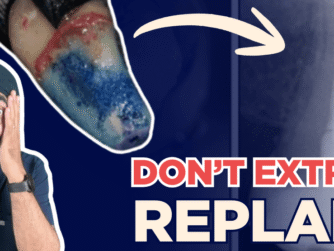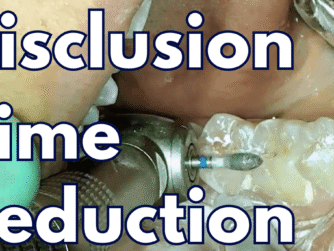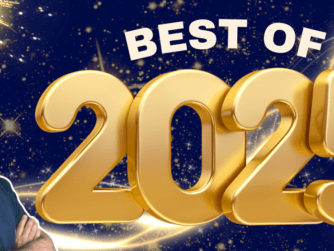Podcast: Play in new window | Download (Duration: 37:02 — 53.6MB)
Did you know that Dentistry was voted the unhealthiest career in the world? Multiple times. That’s right, we’re number one! The grim reality is that we take on all sorts of professional and personal risks on a daily basis.
I had the opportunity to sit down with Dr. Rohan Verma, a clinical dentist and fitness coach to record this wholesome episode. We talked about what steps we can take to improve our health. At the end of our conversation, we also talked about diet as well. I hope this episode will address our unique professional challenges and help you become healthier and more mindful about everything you’re doing for mental and physical well-being.
Highlights of this episode:
- 1:51 Dr. Rohan Verma’s Introduction
- 3:46 Mental Health Awareness
- 6:39 Biggest mistakes dentists are making with their health
- 11:09 Posture Issues
- 14:50 The significance of sleep
- 16:52 Importance of setting a routine for better health improvement
- 24:16 Working out routine
- 29:09 Dr. Rohan’s stand on different kinds of diet
- 31:29 The benefit of calorie counting
Check out Dr. Rohan Verma’s Instagram to get some tips on how to improve your health – as well as a Dentist he’s an online fitness coach.
Monitor your calorie intake with this MyFitnessPal: Calorie Counter available on:
- iOS: MyFitnessPal: Calorie Counter
- Google Play: MyFitnessPal: Calorie Counter
📨 Download Protrusive App and Claim Verifiable CPD/CE + EXCLUSIVE content:
If you enjoyed this episode, then do check out 5 Lessons from Lincoln Harris







